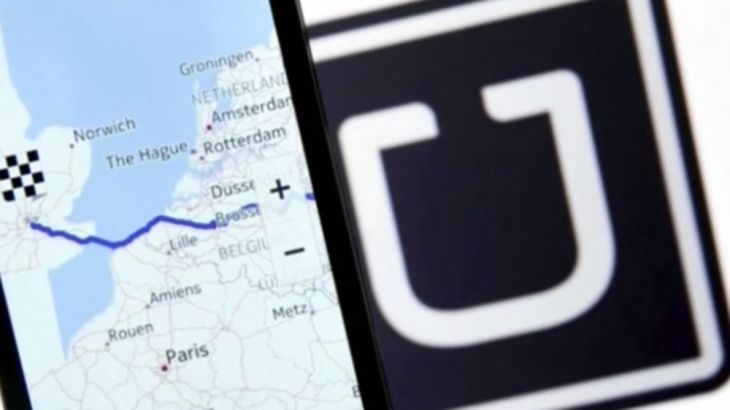
Uber’s eviction from London
As legal challenges grow, can Uber’s business model survive in its present form?
A series of scandals over Uber’s business practices and its treatment of workers has kept the taxi service in the headlines for all the wrong reasons.
| Uber Quick Facts |
|
– Uber has expanded into food delivery, helicopters and self-driving vehicles
– The UK is Uber’s second-largest market in Europe
– Uber has its own verb: to ‘uberise’, meaning to change the market for a service by introducing a different way of using it.
|
Uber is now being stripped of its licence to operate in London. With 40,000 Uber drivers in the British capital alone, it is one of the biggest markets for cabs in the world.
Keep reading
list of 4 itemsBehind India’s Manipur conflict: A tale of drugs, armed groups and politics
China’s economy beats expectations, growing 5.3 percent in first quarter
Inside the pressures facing Quebec’s billion-dollar maple syrup industry
Transport for London (TfL) is the local government body responsible for the transport system in the city and has found Uber guilty of not abiding by basic Corporate Social Responsibility (CSR) values.
There are concerns about safety and security.
This includes reports of Uber allowing drivers with cases of alleged sexual harassment lodged against them to continue driving in spite of the serious accusations.
Uber has decided to fight the decision in court, claiming that the decision made by TfL is not motivated by the company’s CSR record or safety concerns but by the politics of the business and fear of competition.
The privately held, $68bn company is planning an IPO next year, disrupting its own business model in an attempt to adapt for survival as legal challenges grow.
Carl Benedikt Frey, co-director of the Oxford Martin programme on technology in the UK, told Al Jazeera that TfL’s decision could badly affect Uber as the UK is one of its largest European markets; however, the pros and cons of Uber’s existence in the taxi service industry aren’t so black and white.
“After the introduction of Uber, employment in the taxi services expanded quite significantly. Over all, Uber creates jobs, not destroys them… what happens then after labour supplies expand is that there’s more competition and that tends to drive down wages…,” Frey said.
Concern surrounding TfL’s decision; should it be rendered a success, is that other governments will then be tempted to follow suit, creating an even more vastly spread issue for the company. Frey said it is too early to tell as ramifications have not yet been felt – on either side of the decision.
“The consequences of Uber being banned is actually really bad for London consumers. Lots of people have structured their lives around the availability of Uber… TfL is playing a high risk game in this regard and this may constitute a blow to the city of London as it does to Uber.”